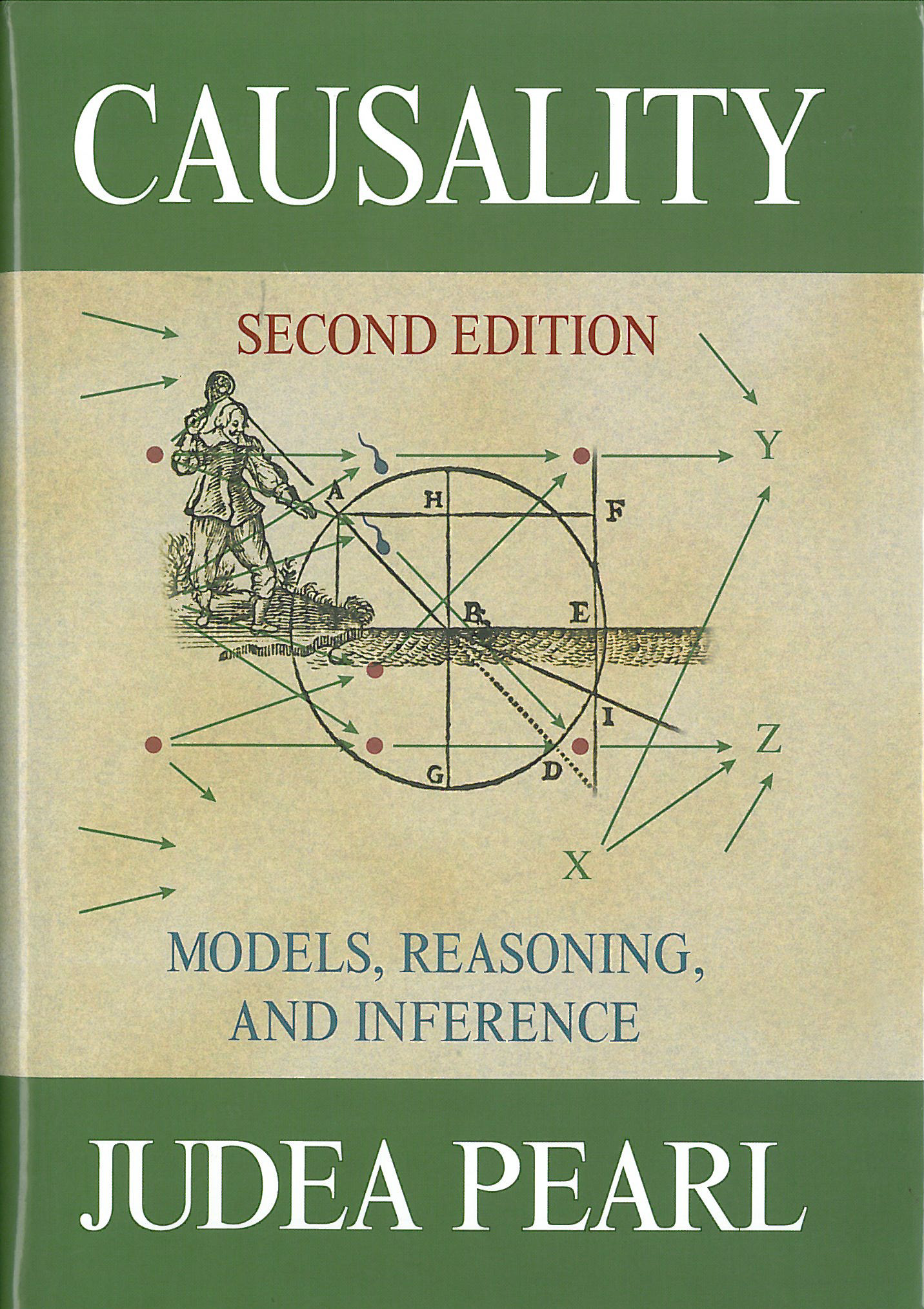

The recognition of multiple causal handles – of a choice about where we place the source of our problems – has the pleasing upshot of pouring cold water on the single-factor fundamentalists who dominate political discourse. There are always multiple means of getting a grip. Contra Mill, however, we need not require that such handles be singular. These are the ‘handles’ of agency theory. The former conditions are therefore causal in a way that the latter is not.

We cannot, however, manipulate the strength of gravity.
Multiple causality install#
If we wish to avoid the breakage, we can decide not to throw the ball, or to use a softer ball, or to install thicker windows. To return to the ball flying through the pane of glass, it is easy to see that some of its conditions are more susceptible to human influence than others. The agency theory of causation also provides a neat solution to Mill’s dilemma what separates ‘causes’ from mere ‘conditions’ is our ability to control them. From our perspective, however, the notion of causality continues to flourish as we push and pull and prod at the world in search of regularities to exploit. From the perspective of the physicists’ block universe, in which all human activity lies spread out at once, there can be no such handles for change. To my mind, this rupture between physics and all the rest is best explained by ‘agency’ theories of causation, according to which human beings define causes in terms of ‘handles’ for manipulating events. No one ever stopped looking for the causes of cancer, or the First World War, because of particle physics. For Russell, however, the scientific pursuit of exactitude soon bottoms out in the ‘mature’ science of physics, according to which differential equations specify the changes in position and velocity of fundamental particles, and ‘causes’ play no role at all.īut to backtrack from Russell’s conclusion, it has to be pointed out that in every other area of science – from biology, to psychology, to sociology – causal enquiry remains alive and well. In his essay ‘On the Notion of Cause’ (1912-1913), Bertrand Russell likewise notes that progress in science consists in recognising ‘a continually wider circle of antecedents’ as necessary for the precise calculation of any event. What was the cause of the breakage? Perhaps the thrower? Perhaps the ball? Perhaps the vulnerability of the glass? Perhaps the effect of gravity? Each of these counts as a condition, but picking out any particular condition as the cause seems arbitrary. Here we might imagine a ball flying through a pane of glass. In A System of Logic (1843), John Stuart Mill despairs at the impossibility of picking out a single ‘cause’ from the background ‘conditions’ of an event.

The notion of multiple causes finds a varied expression in the history of philosophy. Of course a single event – such as a relationship, or its demise – could have multiple causes. Eventually, I achieved some peace in the recognition that perhaps these accounts did not have to be reconciled in any linear fashion. I tortured myself attempting to reduce the frivolous factors to the deeper ones – but the harder I tried, the further the ‘What ifs’ seemed to proliferate. What if I’d been a better listener? What if she’d never met that other guy? What if we’d had a comfier mattress and hadn’t been so tired all the time – could that have been it? Racking my brain in search of some kind of coherent answer, I found myself lost in a thicket of competing ‘What if…?’ scenarios. Was it my fault? Was it hers? What, precisely, had been the cause? A relationship in which I was deeply invested had just come to a skidding halt, and I was desperate to understand why.


 0 kommentar(er)
0 kommentar(er)
